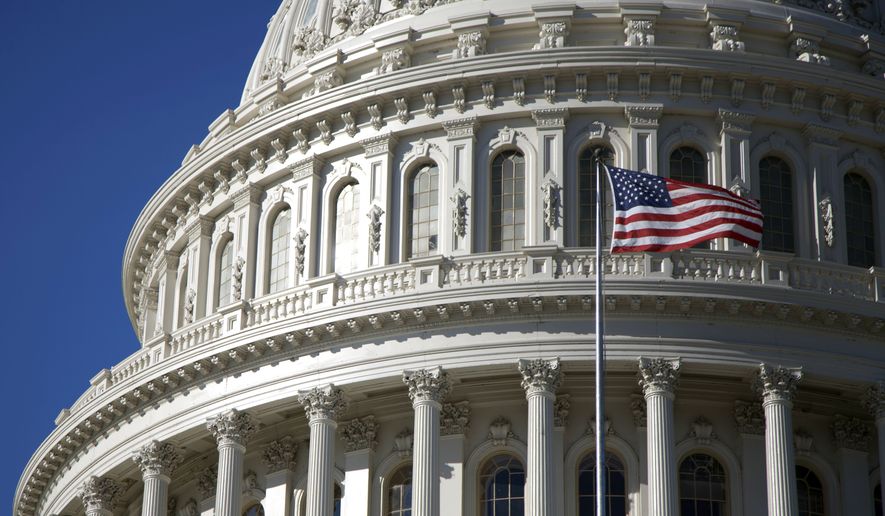The U.S. Chamber of Commerce, and several other leading business associations have urged the Senate to pass a proposal that allows the State Department to create a unified cyber diplomacy office in the wake of a contentious agency reorganization that shuttered the past digital effort.
The legislation, H.R. 3776 — the Cyber Diplomacy Act, already passed the House in January and would combine the State Department’s cyber and digital economy teams into one division with an ambassador in charge.
In a letter to Senate Majority Leader Mitch McConnell and Senate Minority Leader Chuck Schumer, the Chamber of Commerce; Business Software Alliance; Information Technology Industry Council; ACT/The App Association; The Real Estate Roundtable; The Software & Information Industry Association; and the U.S. Council for International Business all applauded the move.
“This legislation would advance America’s public and private efforts to safeguard cyberspace and enhance the nation’s economic competitiveness in a global digital economy,” the letter, dated Sept. 26, said.
The Chamber also praised the proposal for positioning the new cyber office within the undersecretary for political affairs’ chain of command, as opposed to the undersecretary for arms control and international security affairs.
“We believe that a focused, centralized, and appropriately placed office led by an ambassador-rank official would aid U.S. cybersecurity and digital economy efforts,” the letter added.
DOCUMENT: Chamber of Commerce letter to Senate leaders
The Cyber Diplomacy Act also stresses the need for information sharing and diplomatic relationships with other “like-minded and democratic countries” in addition to the new products and technologies aimed at strengthening and securing America’s internet infrastructure.
It came about in the aftermath of last year’s contentious reorganization under then-Secretary of State Rex Tillerson of the State Department’s Office of the Coordinator for Cyber Issues (CCI).
CCI oversaw global diplomatic engagement on cyber issues, including cybersecurity, freedom of expression and the free flow of information on the Internet. It also served as the State Department’s cyber liaison to the White House, federal government and public and private sector.
Mr. Tillerson moved to reorganize CCI, reshape cyber policy and abolish the coordinator position running the office by merging it into the Bureau of Economic and Business Affairs.
At the time, lawmakers from both parties blasted the re-org and argued that it sent the wrong message to the world about Washington’s willingness to police cyberspace, especially in the wake of major hacking and leaking incidents and scandals.
• Dan Boylan can be reached at dboylan@washingtontimes.com.




Please read our comment policy before commenting.